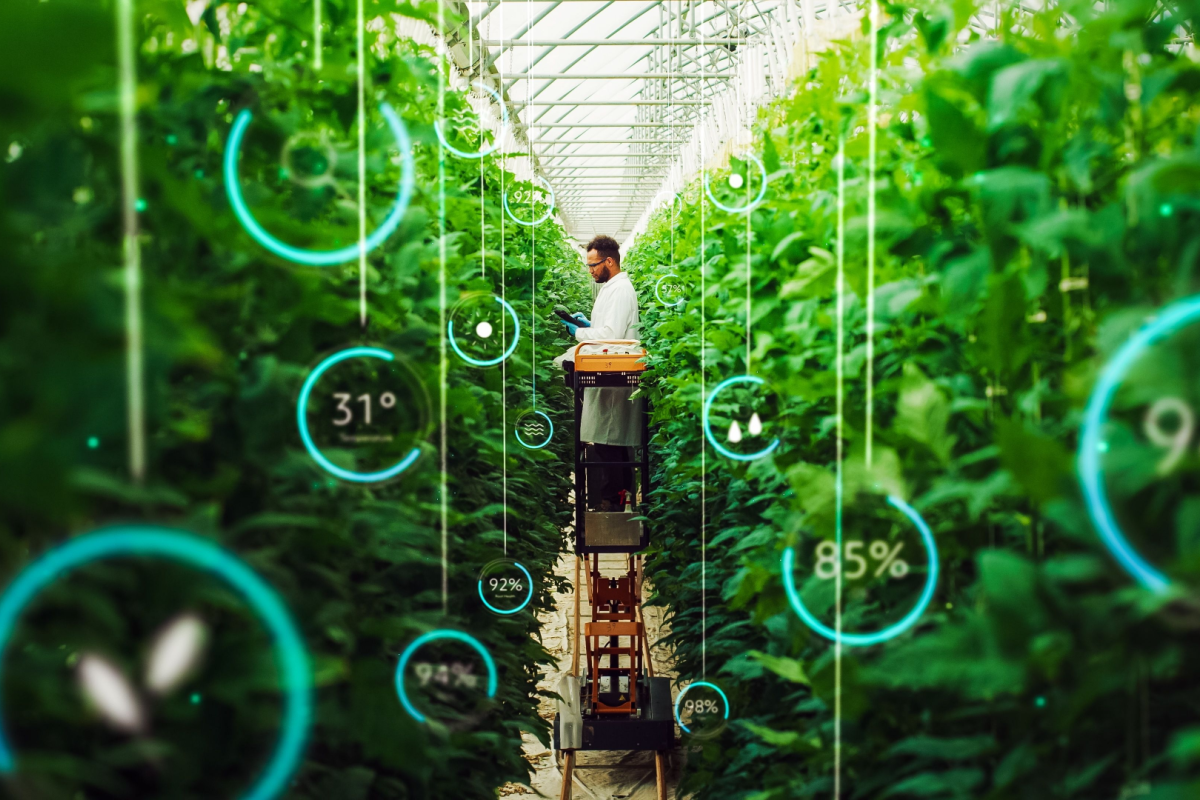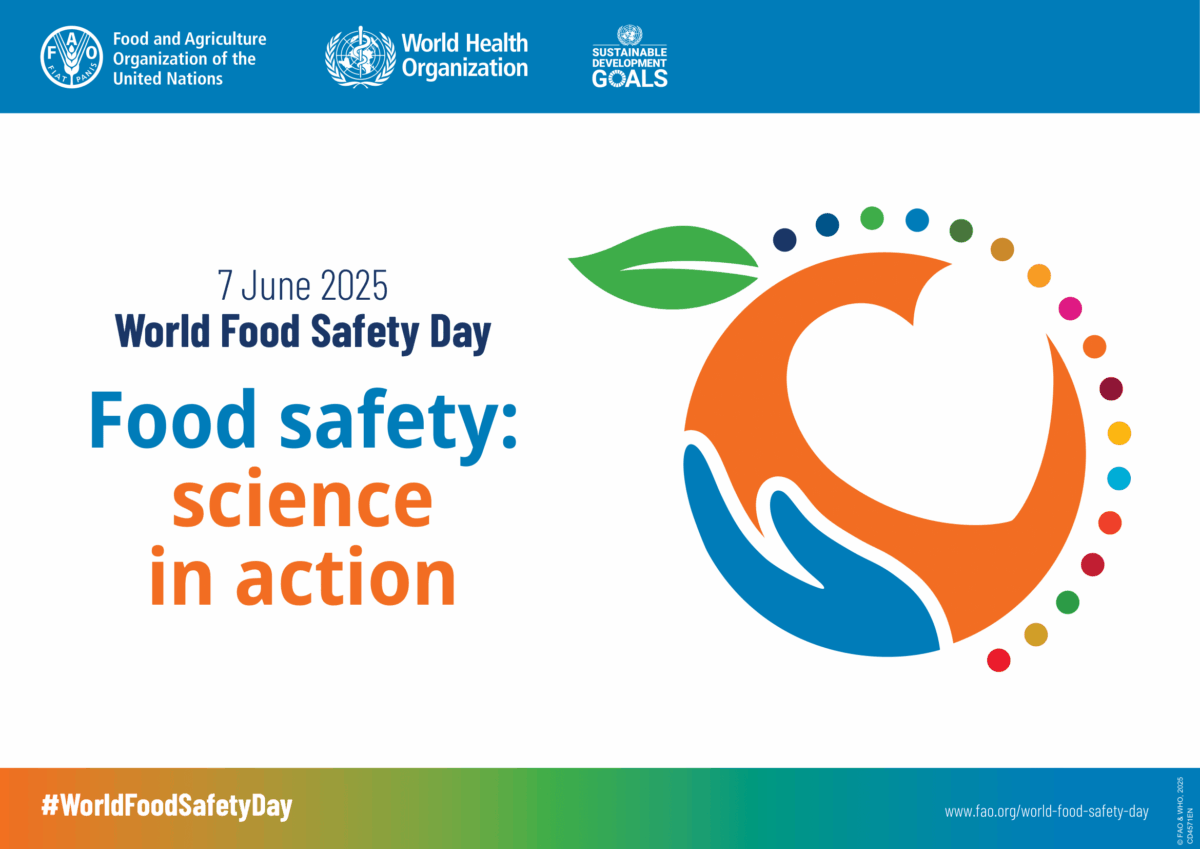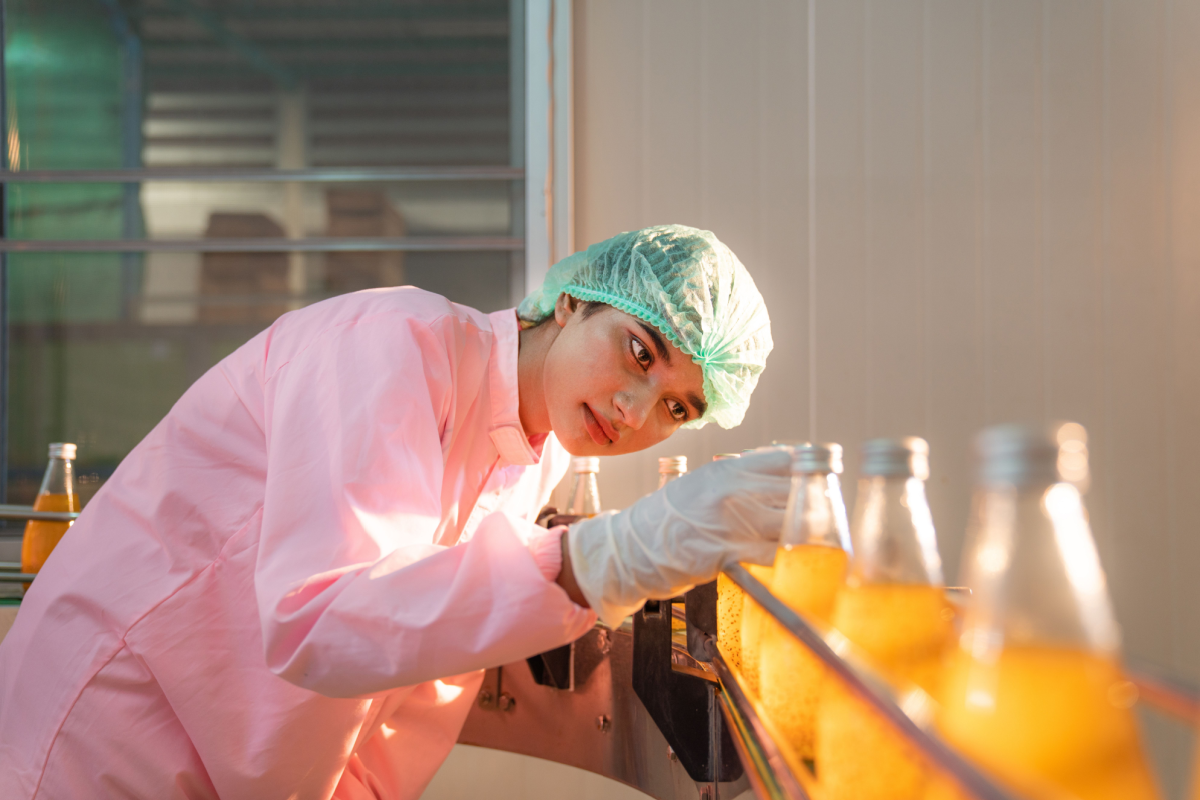Intentional deception using food for economic gain, or food fraud, has been an ongoing challenge for the food and drink industry since the beginning of time. However, as the global supply chain continues to grow, and becomes more and more complex, so too do the stakes for everyone linked to this chain from manufacturers, retailers, and raw ingredient suppliers to regulators and the consumer.
With each new high profile case dominating headlines across the globe, from China’s 2008 melamine scandal where several infants died and thousands became sick, to the more recent horsemeat scandal in Europe in 2013 which created a media backlash of consumer mistrust and anger, industry is now more engaged to finding and adopting new strategies to restore integrity to the supply chain, protect their brand, bottom line, and build consumer trust.
Collaboration is imperative. Today food scientists, criminologists, forensic accountants, solution providers and advocacy groups are working with industry to better understand and weed out this criminal element, the food fraudster. Similarly, regulatory bodies and food safety standards organizations are seeking input from across key stakeholder groups with the goal to creating more proactive regulations and guidance to help ensure authentic, safe, quality food for everyone.
An upcoming, complimentary, 9-part webinar series, titled, “Food Fraud – Food Safety, Authenticity and Global Supply Chain Integrity” will bring you access to some of the latest academic and scientific research being conducted into food fraud today as well as important industry guidance and key strategies to help you identify your own potential vulnerabilities within the supply chain.
Register now for the series and join us for the first webinar on March 4, 2015, a Keynote presentation entitled, “The Globalization and Complexity of Today’s Food Network: A Recipe for Food Fraud”.









Join or login to leave a comment
JOIN LOGIN